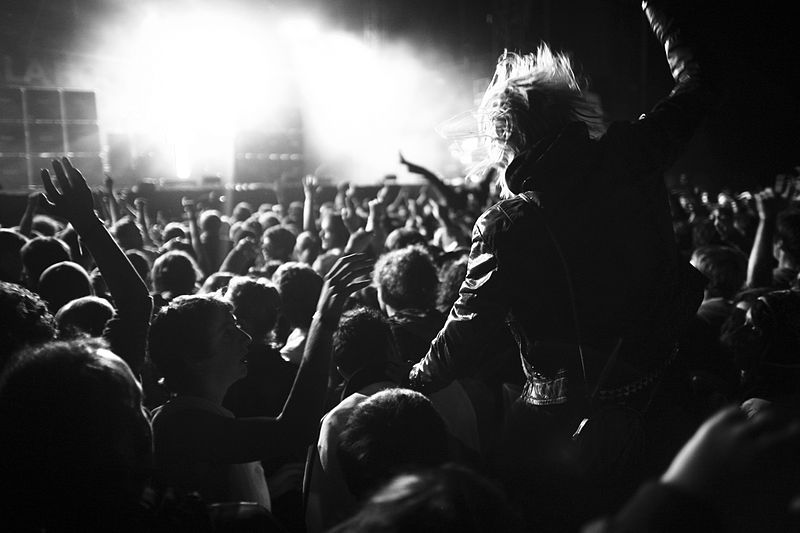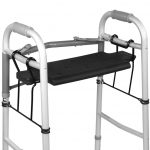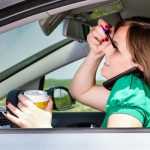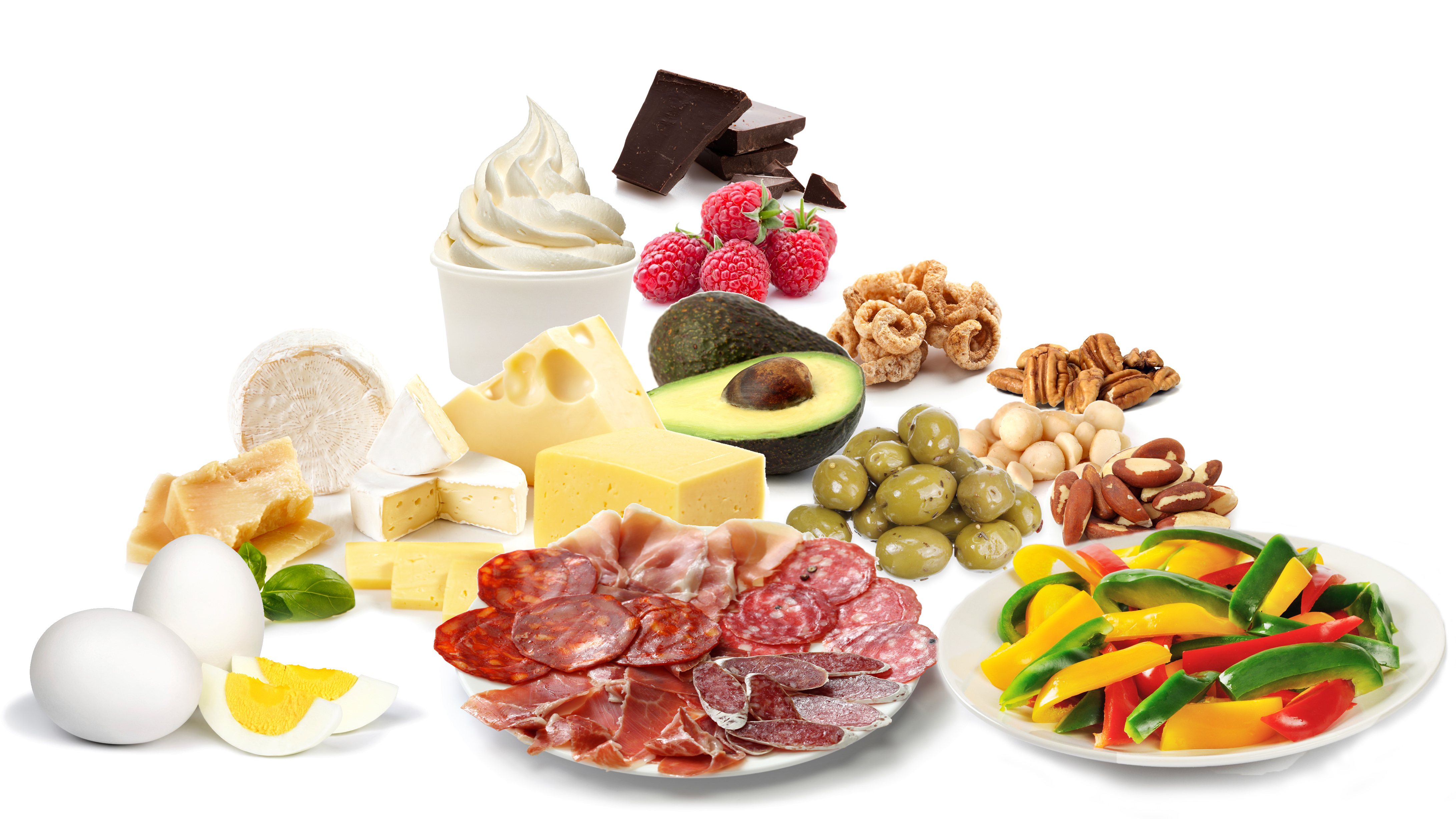When you buy a ticket to see your favorite musician, the last thing on your mind is considering the probability you have of getting hurt at the concert. According to Billboard, more than 32 million Americans attend at least one concert or music festival on an annual basis, and when they do, it is a fun, crowded, and chaotic event.
In the United States and around the world annually, there are needless injuries, death, and personal loss that occur at concerts, which can be easily avoided. We review the top eight safety problems that you need to know in order to navigate large, special events – and we provide tips to help reduce your risk of injury.

1. Personal Theft
It should come as no surprise that a large event like a music festival or concert would be the ideal hunting ground for thieves and pickpockets. Since attendees are usually too preoccupied with their phones, or watching the stage, they make for an easy target. Cash and smartphones are the top targeted items, but clothing, car keys, credit cards, and identification (including passports) are valuable.
Reduce your chances of being the victim of theft by investing in a “travel wallet.” Worn on the inside of a shirt, the small wallet has a cross strap that provides enough room for your valuables, safely in front, where it is more difficult for thieves to access it.
2. Hearing Damage or Loss
Have you ever watched celebrities attend a concert or special event with their children? Ears are always covered by sound-reducing headphones to protect the child’s hearing, but concert goers don’t use the same precautions.
Over time, exposure to high decibel sounds can irreparably damage hearing. If you are a repeat attendee at several concerts per year, look for ear plugs that are rated appropriately for hearing protection, and wear them to avoid long-term hearing loss.
3. Violence and Altercations
Where you have a crowd of people, there is always the opportunity for violence, fights, and verbal altercations that can escalate into a medical emergency. Concerts can be “high adrenaline” environments, and when people are feeling anxiety or excitement in a crowd, the probability of a violent altercation is high.
Discretion is the better part of valor, particularly if you are seated far from a security station or officer for assistance. If you find yourself in an argument that is escalating, remove yourself from the situation and consult with a member of the security team. They may be able to move you, or remove the other guest(s) before an injury occurs.
4. Slip and Fall Injuries
Most concert seating involves navigating narrow rows and seats, or concrete stairs to climb up to your designated section. Several factors can increase trip and fall injuries at a concert, including the use of drugs, alcohol, or even weather conditions. While safety lighting is provided, concrete platforms can become slippery, particularly after rain or from refuse like food and beverages. Even on the driest day, when you add soda and snacks, and hundreds of moving feet, you can create a surface that is as dangerous as ice to walk and stand on.
While you want to look good during the concert, re-think wearing impractical shoes that offer little to no stability or tread. While your favorite running shoes or flat-boots may not make a fashion statement, you may avoid ending the evening in an emergency room.
5. Fire and Smoke Inhalation
Pyrotechnics like fireworks are frequently part of any great concert or show, and they are presented by a trained team of safety specialists. Fires can start from faulty or damaged wiring, stage lights and any number of alternate heat sources and quickly escalate into an emergency, in a theater filled with hundreds or thousands of people, particularly if everyone runs for the same exit.
To stay safe, pay attention on your way to your seat, and map out 2-3 alternate exits. Data show that individuals who make themselves aware of safety exits are more likely to survive catastrophic events like fires and earthquakes. Plan on the way in, so that you can get yourself out.
6. Food Poisoning
If the food service at the event is keeping up with thousands of hungry people, it would be reasonable to expect that the food would be fresh and safe to eat. However, depending on the concert venue, kitchen facilities may be limited, and certain types of food can quickly become toxic if not refrigerated properly.
Condiments are a high-risk food to consume at a concert. It only takes one person with E coli to touch a dispenser, and hundreds can become ill from the contact. Sealed snacks are safest, but when choosing foods at a concert, remember to evaluate the cleanliness of the area, staff, and food to reduce your risk of becoming sick. Always carry a small bottle of hand sanitizer with you.
7. Illicit Drug Use
Even in states where marijuana is legalized, it is still prohibited to smoke in public, and particularly in crowded public places where it may present a safety hazard. Nonetheless, illicit drug use is common (despite security search upon entry), at music events, and many negligent security claims are dismissed in court, due to attendees who are impaired at the time of their injury.
To stay safe, never try anything that is offered to you, and monitor your surroundings (and people around you) to stay alert to problems. If there is a concern, discreetly find a security officer and get help.
8. Heat Exhaustion and Dehydration
Dehydration is a serious problem at many events, as organizers rarely allow individuals to bring in bottled water or other beverages with them. While concert merchandise and refreshments are an important part of revenue, seating distance can prevent an individual from buying beverages to stay hydrated for concerts that last three hours or more.
Make a point to buy a bottle of water on the way to your seat, and keep yourself hydrated throughout the special event.
Behind every special event, concert, and music festival is a team of professionals that is monitoring safety for attendees. Remember to follow instructions, report any concerns, and use your best judgement to navigate away from high-risk situations to avoid injury.




